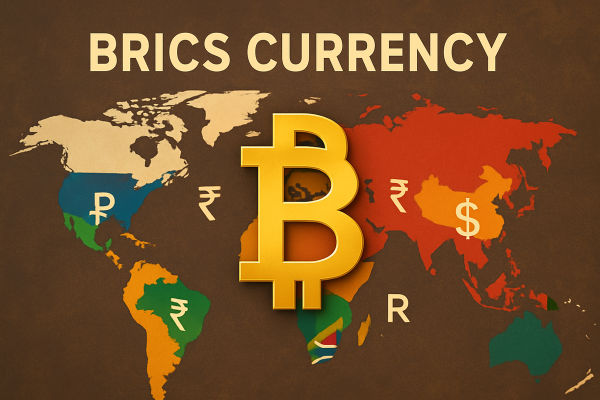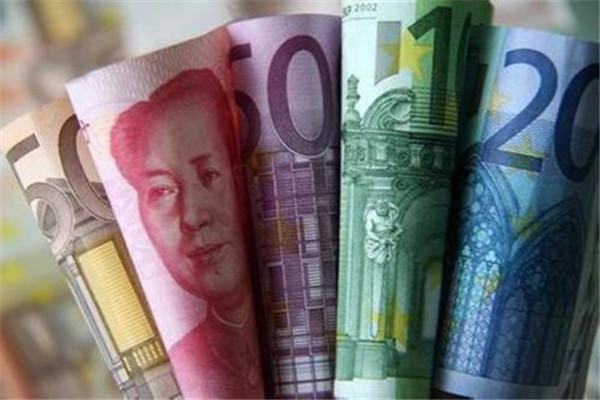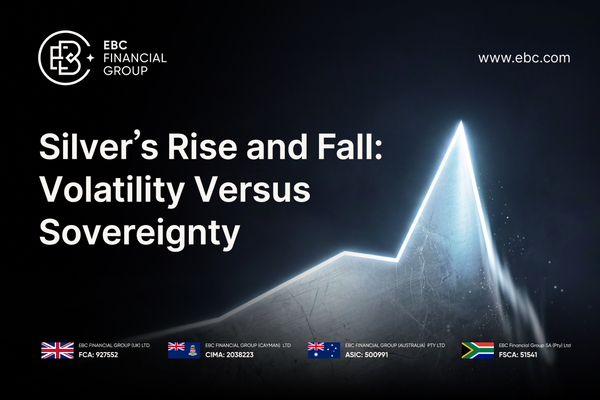A currency alliance refers to a geographical area that uses a currency with
three major functions: a unit of measurement, a medium of exchange, and a
storage of value. In a monetary union, the currencies of member countries or
regions are replaced or merged into a major common currency to achieve economic
integration and monetary stability.

The establishment of the European Economic and Monetary Union and the birth
of the euro are historic innovations. There has never been an independent
country in the world that abandons its own currency to form a monetary union
based on the use of the same currency under the leadership of the same monetary
authority. At the same time, each country maintains its own political
independence, formulates economic policies based on its own national conditions
in addition to monetary policies, and coordinates its economic policies through
consultation, negotiation, and other means. It refers to two or more countries
adopting a common currency or two or more countries maintaining independent
currencies and adopting fixed exchange rates.
The goal of a monetary union is usually to promote trade and investment
liberalization between member countries or regions, reduce currency volatility
risks, and improve market transparency and stability. Member countries or
regions share the same monetary policy and fixed Exchange rate regime in the
monetary union to reduce the impact of exchange rate fluctuations on the
economy.
Monetary union can take different forms, such as a complete monetary union,
where the currencies of member countries or regions are completely replaced by a
common currency, such as the eurozone; or a semi-monetary union, where member
countries or regions still retain their own currencies but have a fixed exchange
rate relationship with the common currency, such as the Organization of Eastern
Caribbean States.
A monetary union requires political and economic cooperation among member
states, as well as specific institutions and agreements to manage and maintain
the operation of the union. Member countries must jointly bear some risks, such
as unemployment and economic recession, and take corresponding policy measures
to coordinate economic and fiscal policies.


























